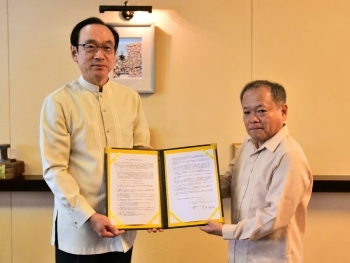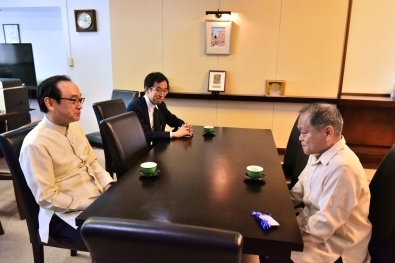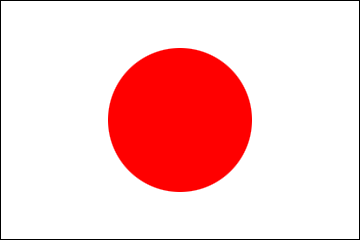Japan Provides Funding for Sericulture in the Philippines through OISCA International
2020/1/22
Japan Information and Culture Center (JICC) - Press Release No.01 - 2020


The production of textiles is popular in the Philippines. However, Filipinos commonly rely on imports from other countries for some of its raw silk materials, including those used for traditional costumes such as the Barong Tagalog. The Philippine Government aims to achieve the domestic production of all silk threads used in the country, making the nationwide deployment of support for sericulture together with OISCA an essential project to achieve this goal. The assistance of OISCA in the silk farming industry in the Philippines has come a long way, carrying out sericulture support business in the Negros Island for more than 20 years.
In this project, seven provinces (Benguet, Nueva Vizcaya, Aklan, Iloilo, Antique, Misamis Oriental, and Negros Occidental) will undergo leadership development seminars for spreading sericulture operations, short-term training for sericulture farmers, and mulberry field maintenance. This aims to develop model sericulture farmers whose additional expertise in the future will certainly increase the production of cocoon and high quality raw silk.
A total amount of US$ 473,329 (approximately 24 million pesos) is funded for this venture through the Grant Assistance for Japanese NGO Projects, a small-grant funding program of Japan’s Official Development Assistance (ODA). The Grant Assistance for Japanese NGO Projects started in the Philippines in 2002. Since then, the Japanese Government has made contracts for 51 projects in the Philippines under this scheme amounting to approximately 1.2 billion yen in total. Japan believes that this project will not only strengthen the friendship between the peoples of Japan and the Philippines but will also bolster the existing strategic partnership between the two countries.
